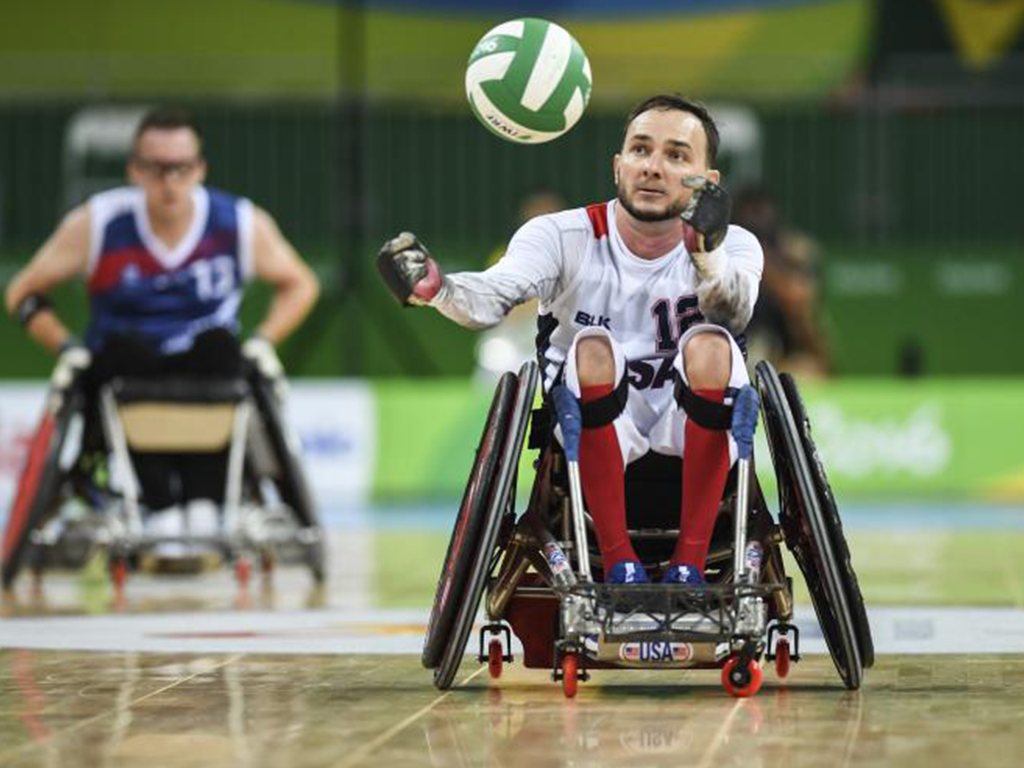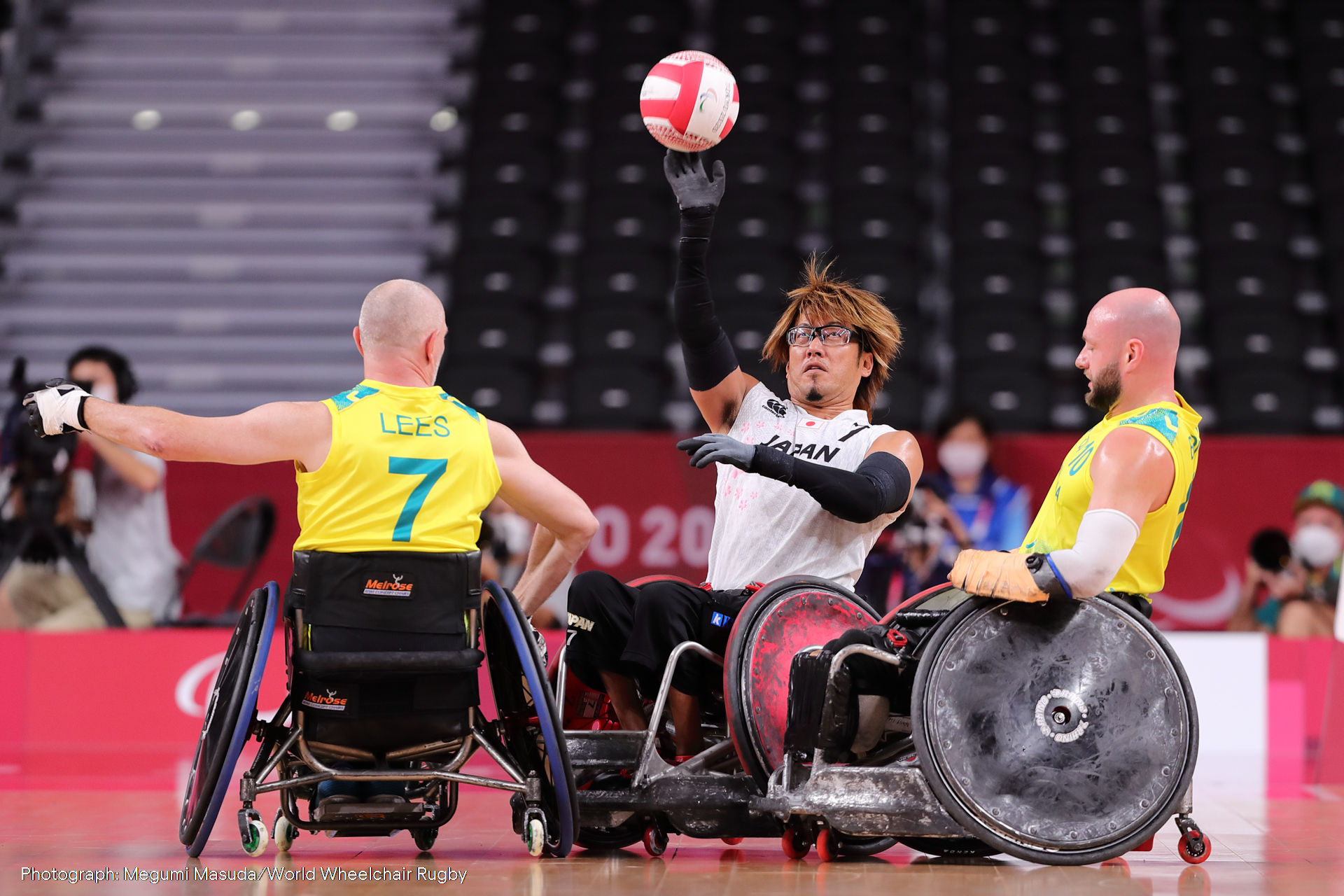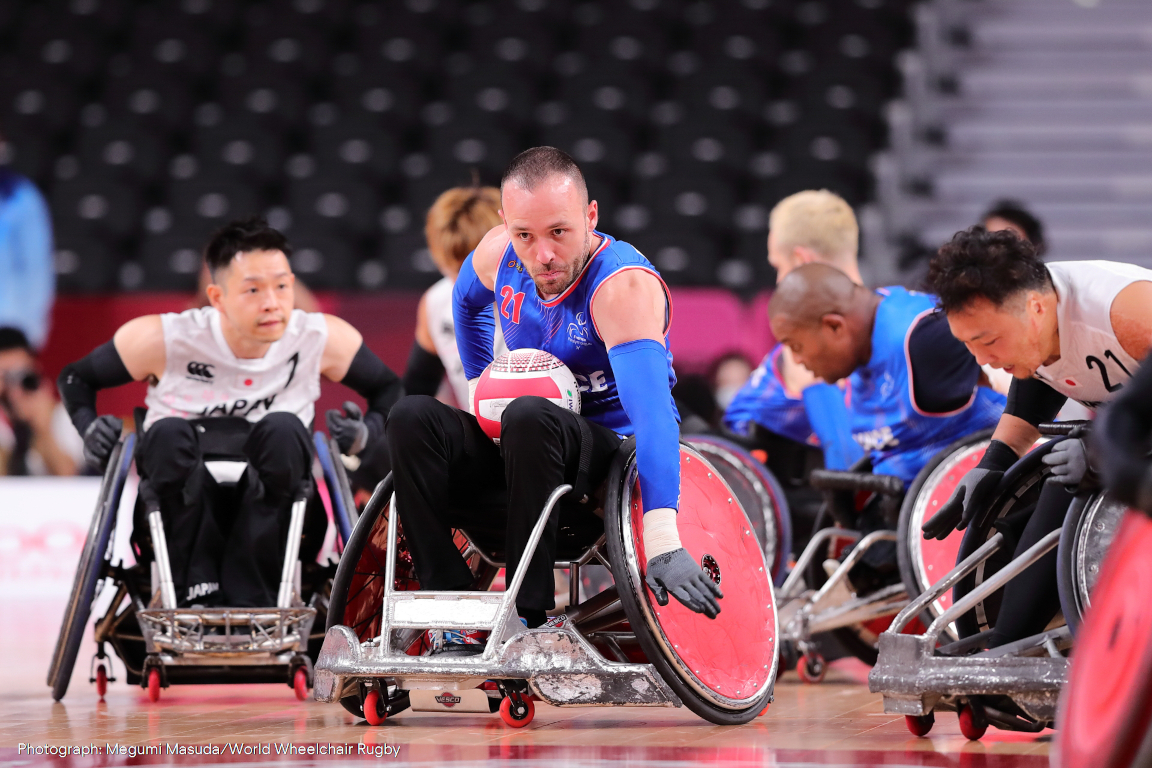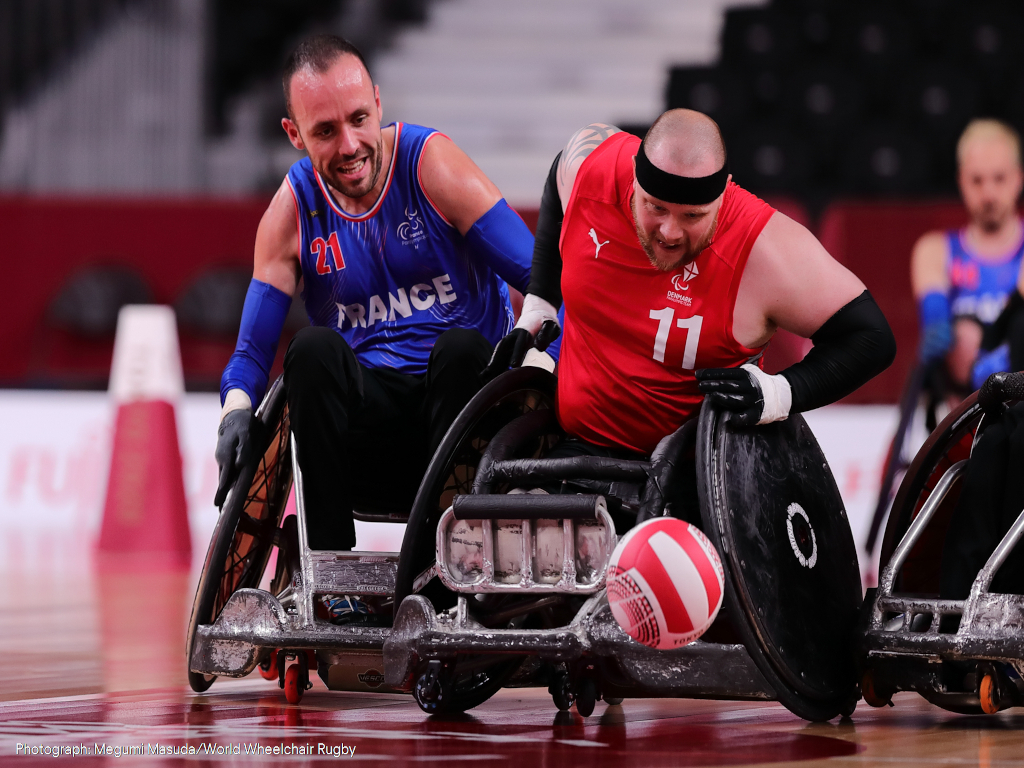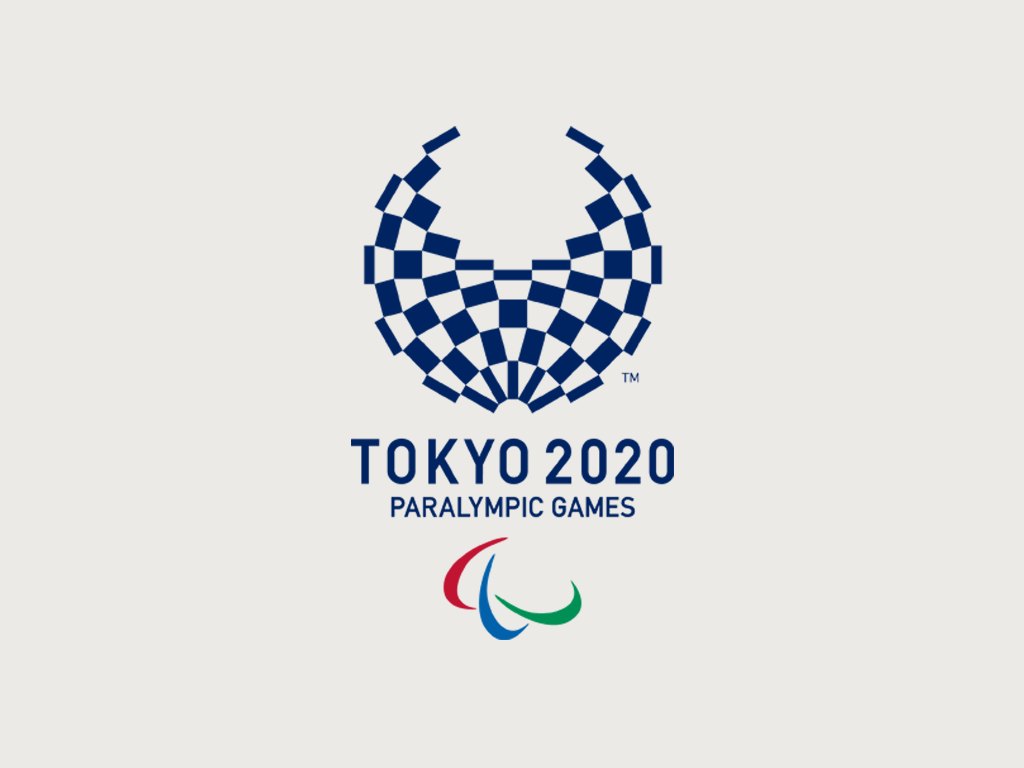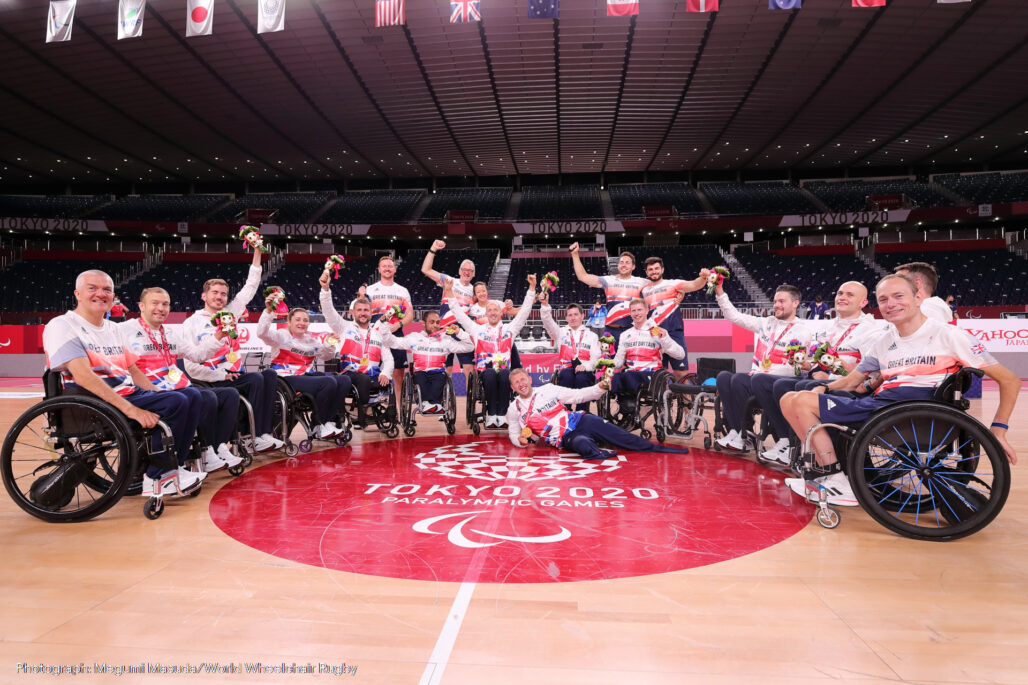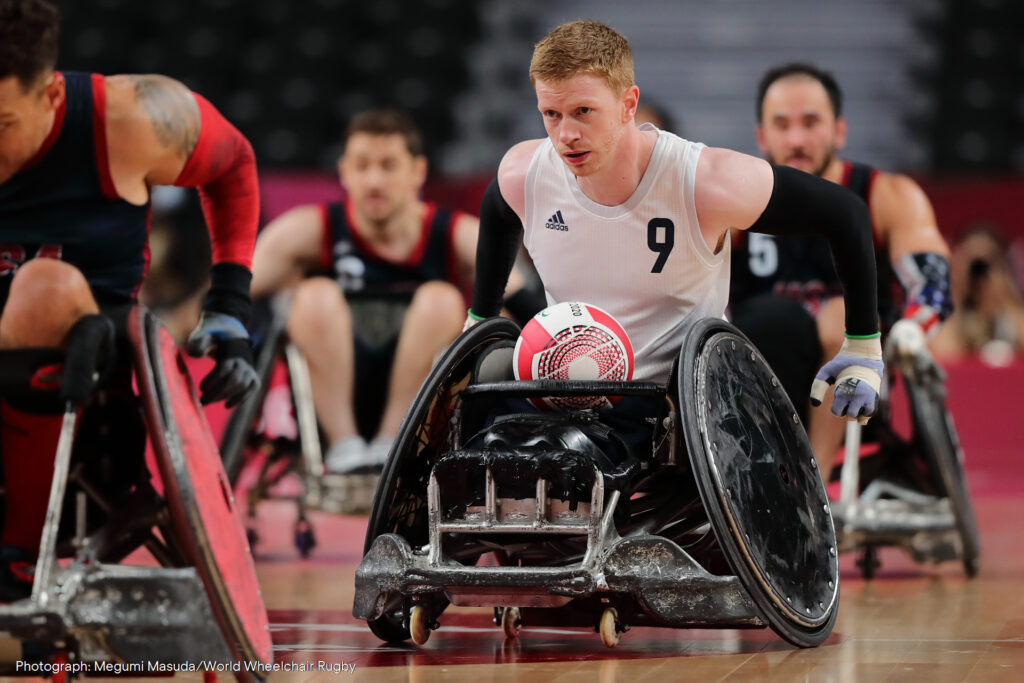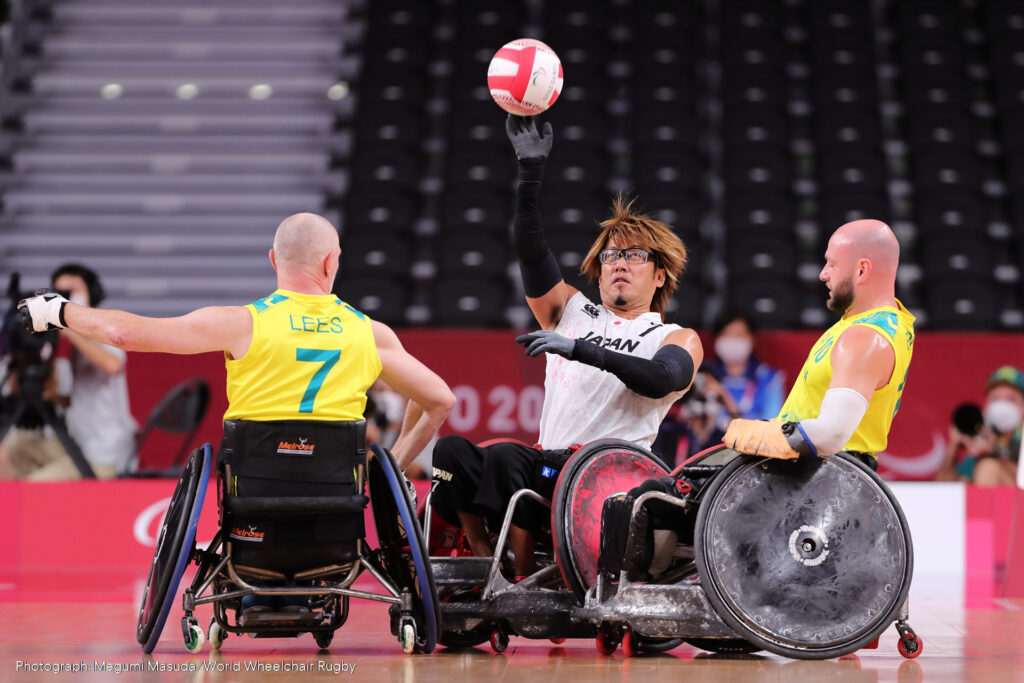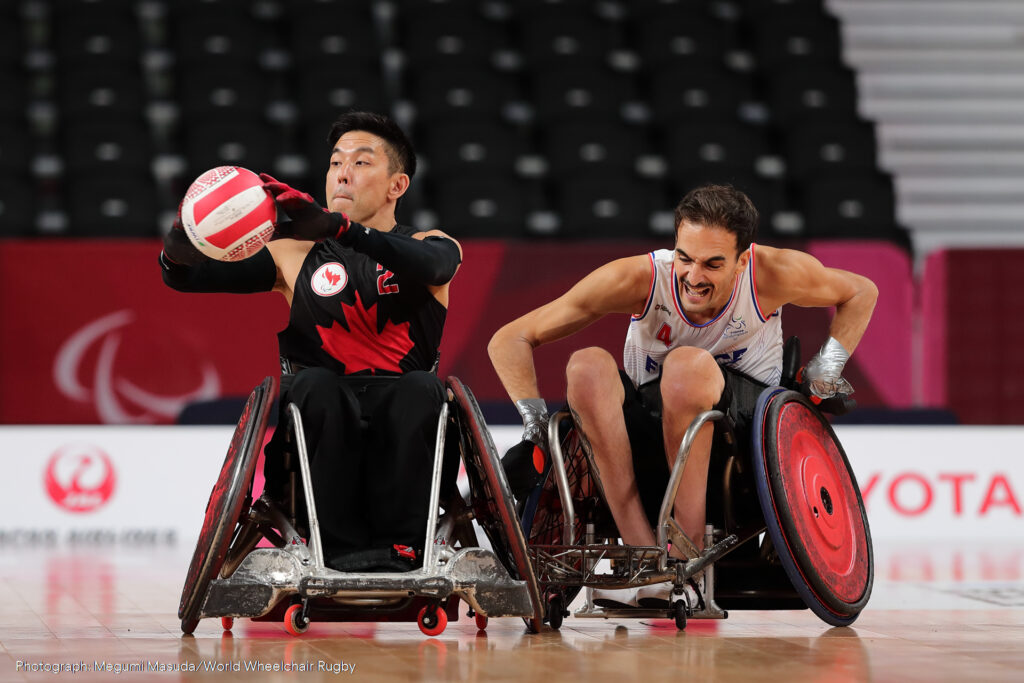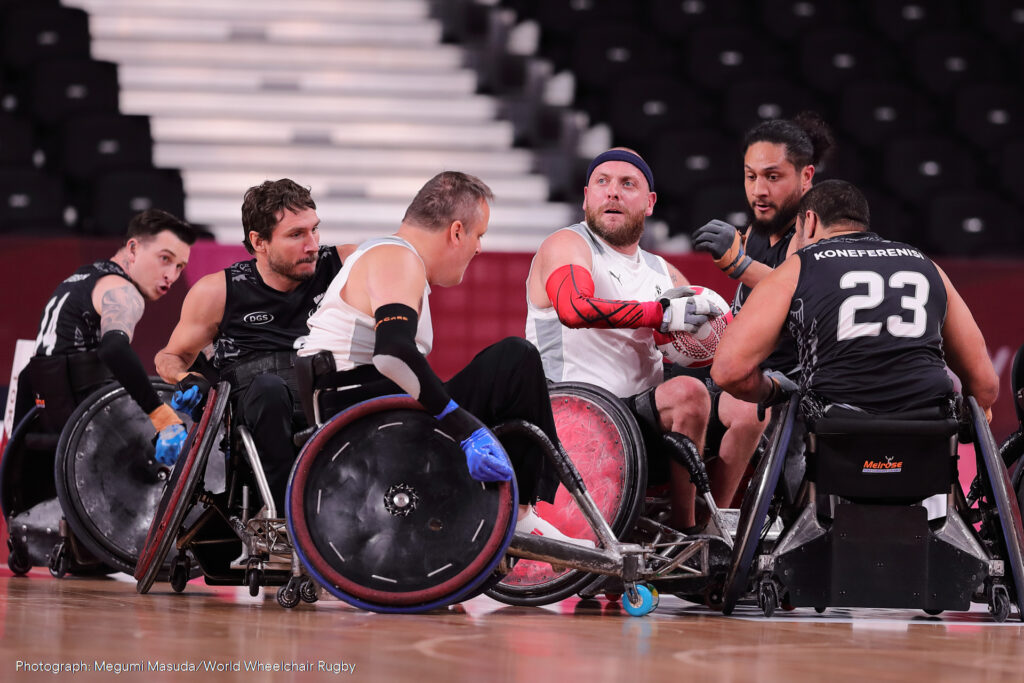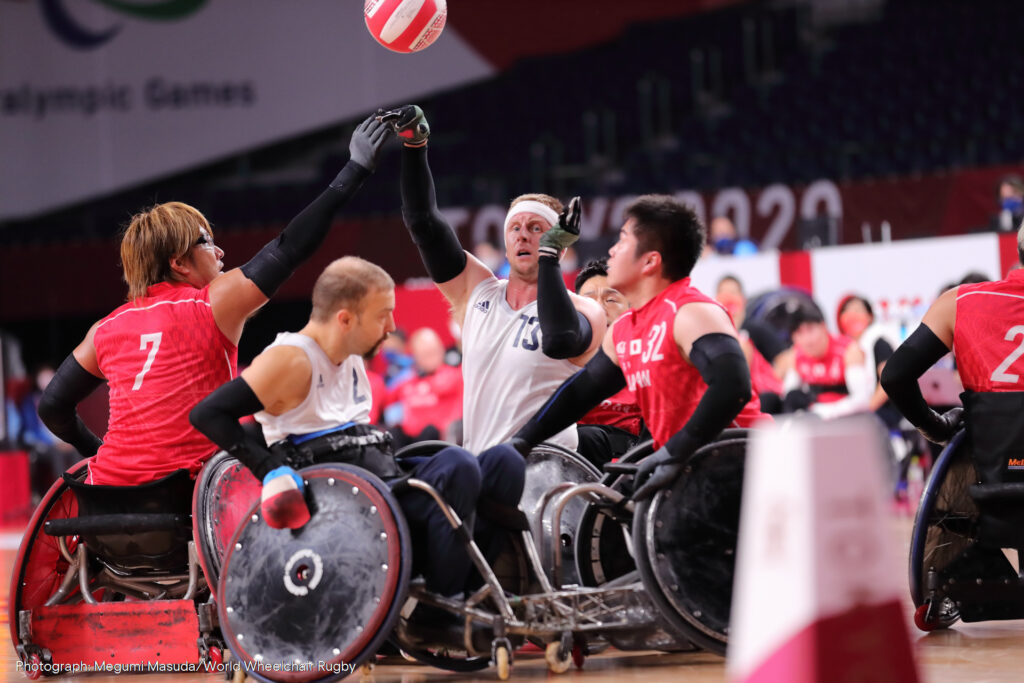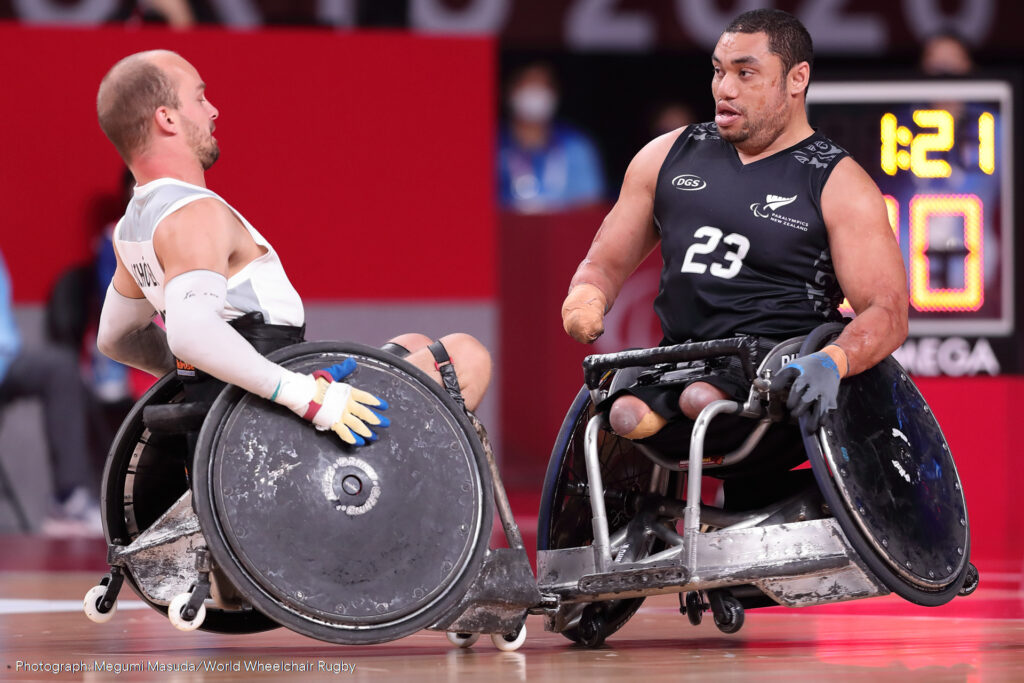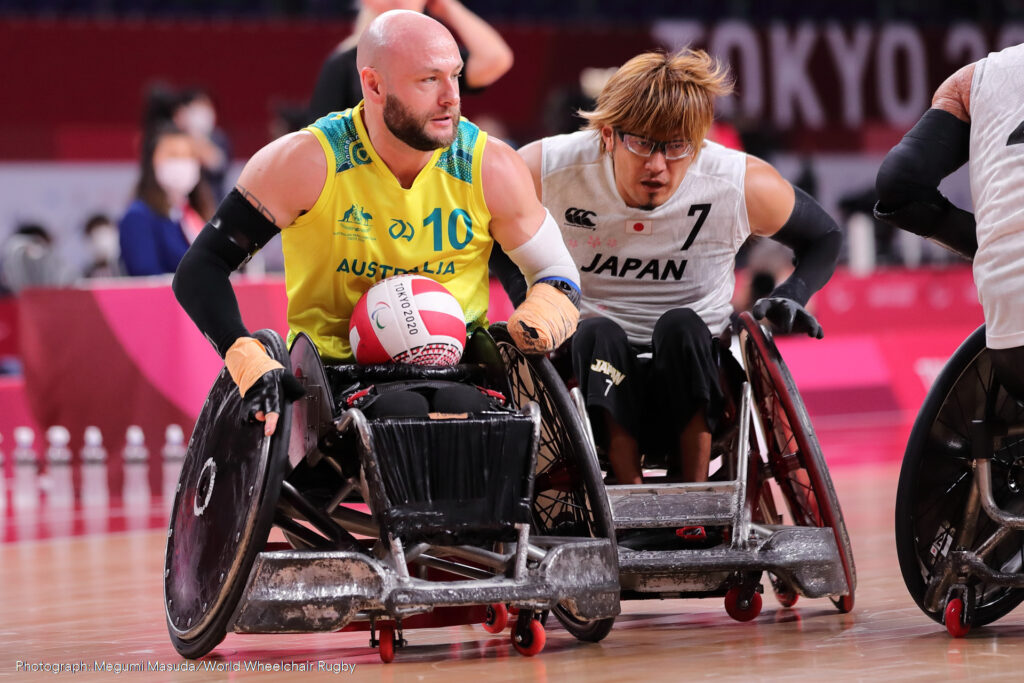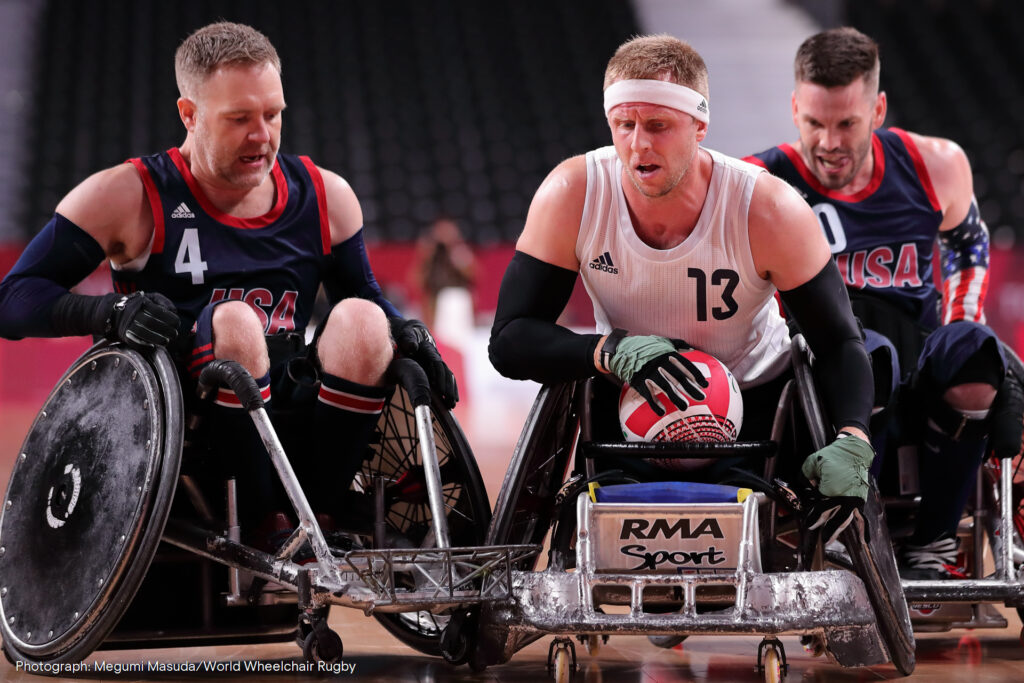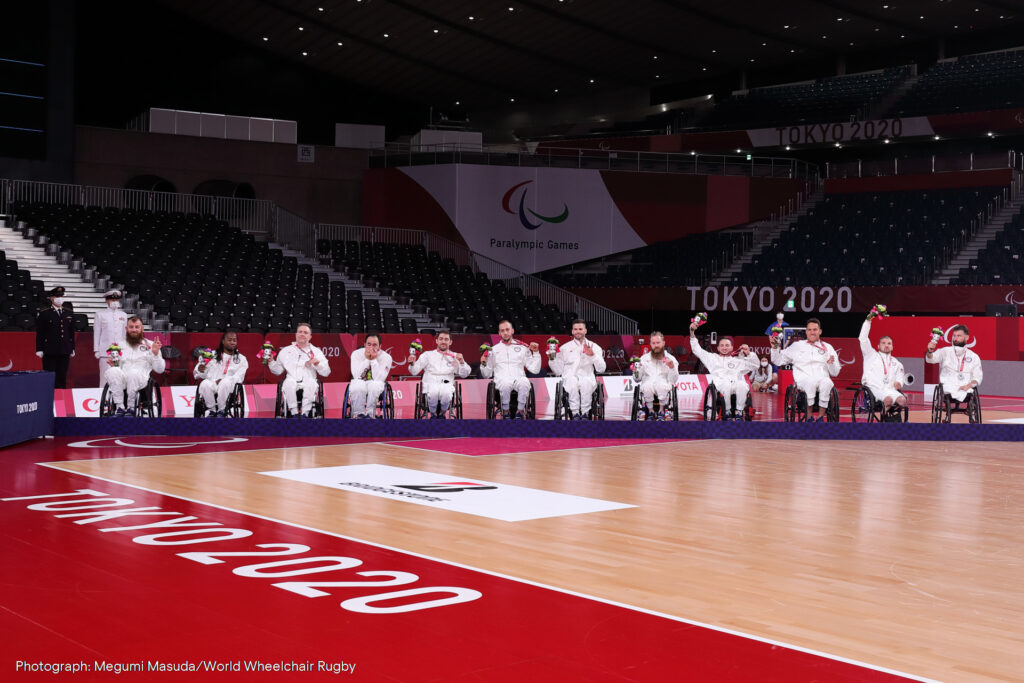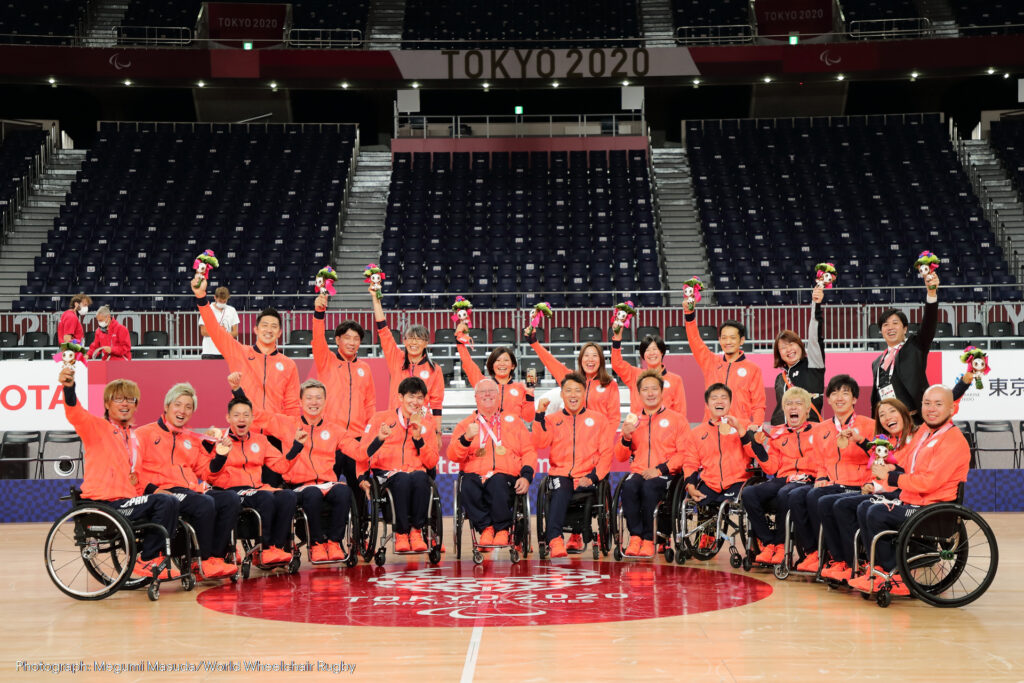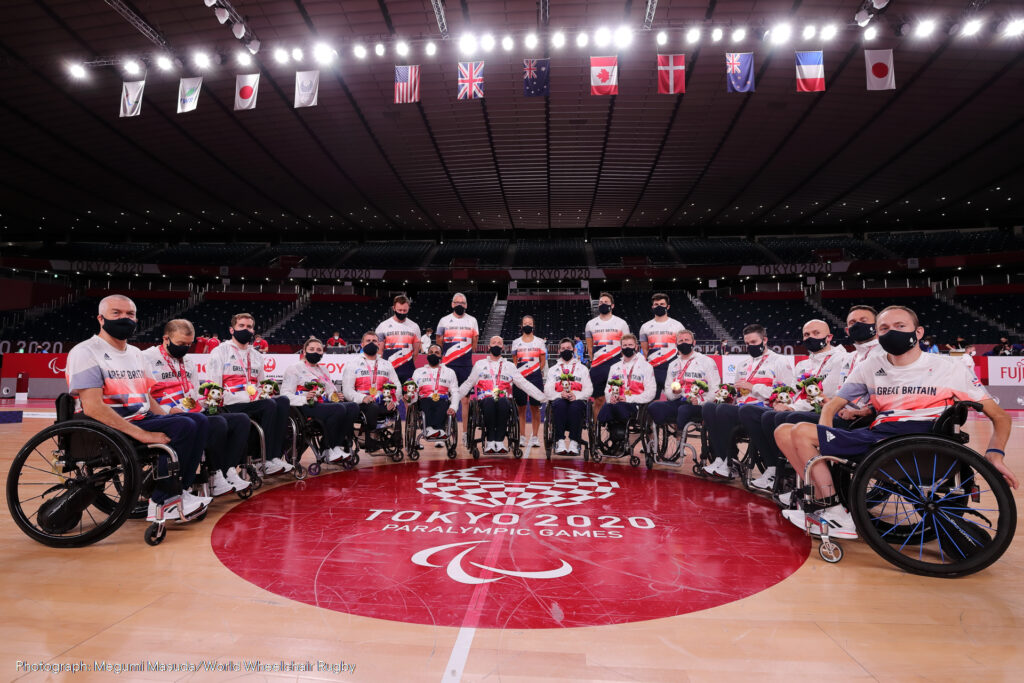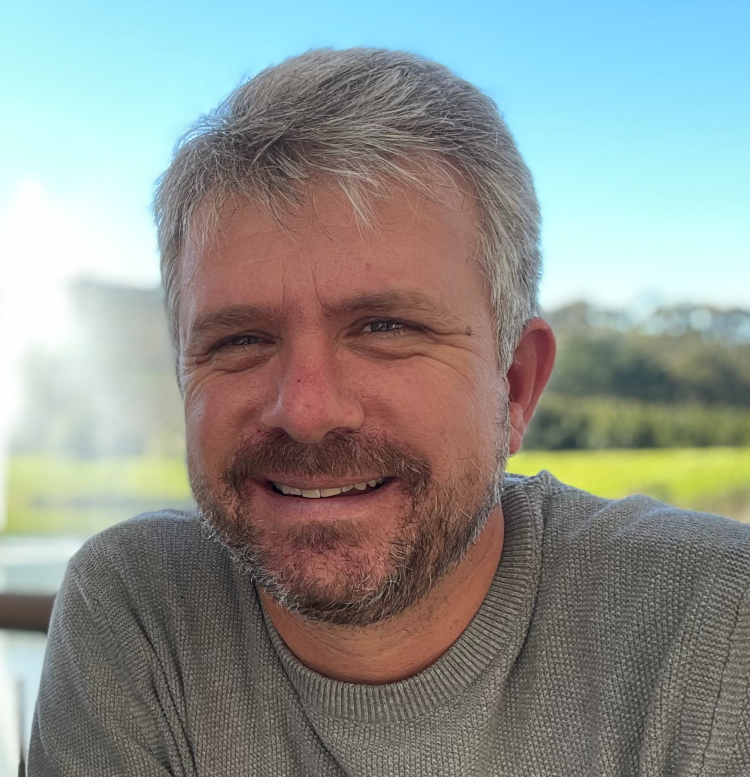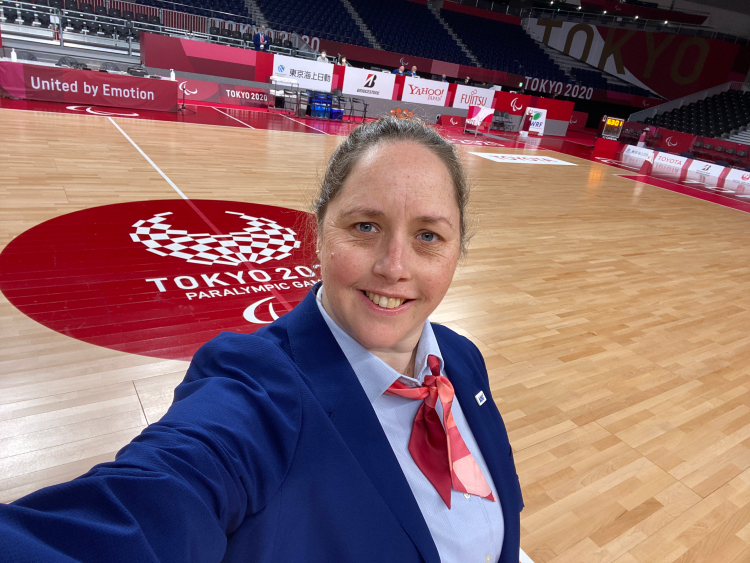Welcome to new members of the Classification Committee
We are very pleased to announce that Patricia Beckwith (Argentina) has been appointed as the WWR Americas Zone Head of Classification. We would also like to extend a warm welcome to Julie Bakke (Canada) who has also joined the Committee. We know that both new members will bring their significant experience, unique perspectives and expertise to the committee, and we look forward to working together over the years ahead. We now have 3 Committee members from each WWR Zone. Our complete Classification Committee is:
Greg Ungerer (Australlia) – WWR Head of Classification
Patricia Beckwith (Argentina) – WWR Americas Zone Head of Classification
Izabela Sauerbier (Poland) – WWR European Zone Head of Classification
Jacques Erasmus (South Africa) – WWR Asia Oceania Zone Head of Classification
Viola Altmann (Netherlands) – WWR Classification Database Manager
Jens Sauerbier (Germany) – Athlete Representative
Anne Hart (USA) – Member
Binnie O’Dwyer (New Zealand) – Member
Julie Bakke (Canada) – Member
Changes to the Classification System for Athletes with Limb Deficiency
In October 2020, the Classification Committee released a draft of proposed changes to the way we classify athletes who have the impairment type of Limb Deficiency. While we did receive some feedback from two Member Nations during the consultation period, this feedback did not identify any fundamental issues with the proposed system and did not result in any significant changes to the proposed system. There is a copy of the new system available at WWR – World Wheelchair Rugby. It can be found at the bottom of the Classification page in the Documentation section.
This new system of classification for athletes with Limb Deficiency represents a fundamental change to the way we classify athletes with this impairment type. In accordance with our Classification Rules, when we make changes such as these, we are required to re-classify every athlete who has Limb Deficiency recorded as their impairment type in our Classification Database.
Effective January 1st, 2022:
- All athletes with impairment type of Limb Deficiency will have their sport class status changed to R (review) status. This includes athletes who currently have C (confirmed) sport class status.
- These athletes will be eligible for classification at WWR licensed events where Classification Panels are present, subject to the normal prioritisation process for Classification slots – N (new) status athletes will have the highest priority for Classification, followed by R (review) status athletes and protested athletes. Any remaining Classification slots at events will then be offered to athletes with FRD (fixed review date) status.
- Athletes with R (review) sport class status will be permitted to continue to compete in WWR licensed events with this R sport class status, even if Classification Panels are not present at those events, or there aren’t available slots for classification. Please note, this provision does not apply to the Paralympic Games under current IPC rules.
- It is our intention to try to work through the re-classification of all impacted athletes as quickly as possible. However, we recognise that access to Classification Panels may continue to be impacted by the ongoing world-wide pandemic conditions that continue to restrict international movement. The Classification Committee will continue to monitor this situation and provide further advice regarding these impacts as required.
- If, as a result of re-classification, C (confirmed) sport class status athletes have no change in their sport class, their C (confirmed) sport class status will be restored.
- If, as a result of re-classification, FRD (fixed review date) sport class status athletes have no change in their sport class, then the re-classification will advance their sport class status to the next stage, subject to the normal provisions described in the Classification Rules. For example, FRD 1 athletes will advance to FRD 2, and FRD 2 athletes will advance to C if it has been more than 11 months since their previous classification.
- If, as a result of re-classification, any athlete has a change in sport class, their sport class status will reset to FRD 1, and the sport class and status change will be effective immediately.
- Athletes who have a change to their sport class will have the opportunity to protest this decision, subject to the usual provisions for protests described in the WWR Classification Rules.
In January 2022, an updated version of the WWR Classification Rules will be published containing these changes to the Classification system. Our intention in working to implement these changes is to have a classification system for athletes with Limb Deficiency that is specific to that impairment type, and is therefore more open and transparent, and is able to be applied much more fairly and consistently across this group of athletes.
We would like to thank you in advance for your patience while we work through these changes, and we would ask you to remember that for many Classifiers, we will also be working with this new system for the first time at events during 2022. As always, we are very happy to answer questions and receive any feedback that you may have, in order to continue to improve and refine our systems.

